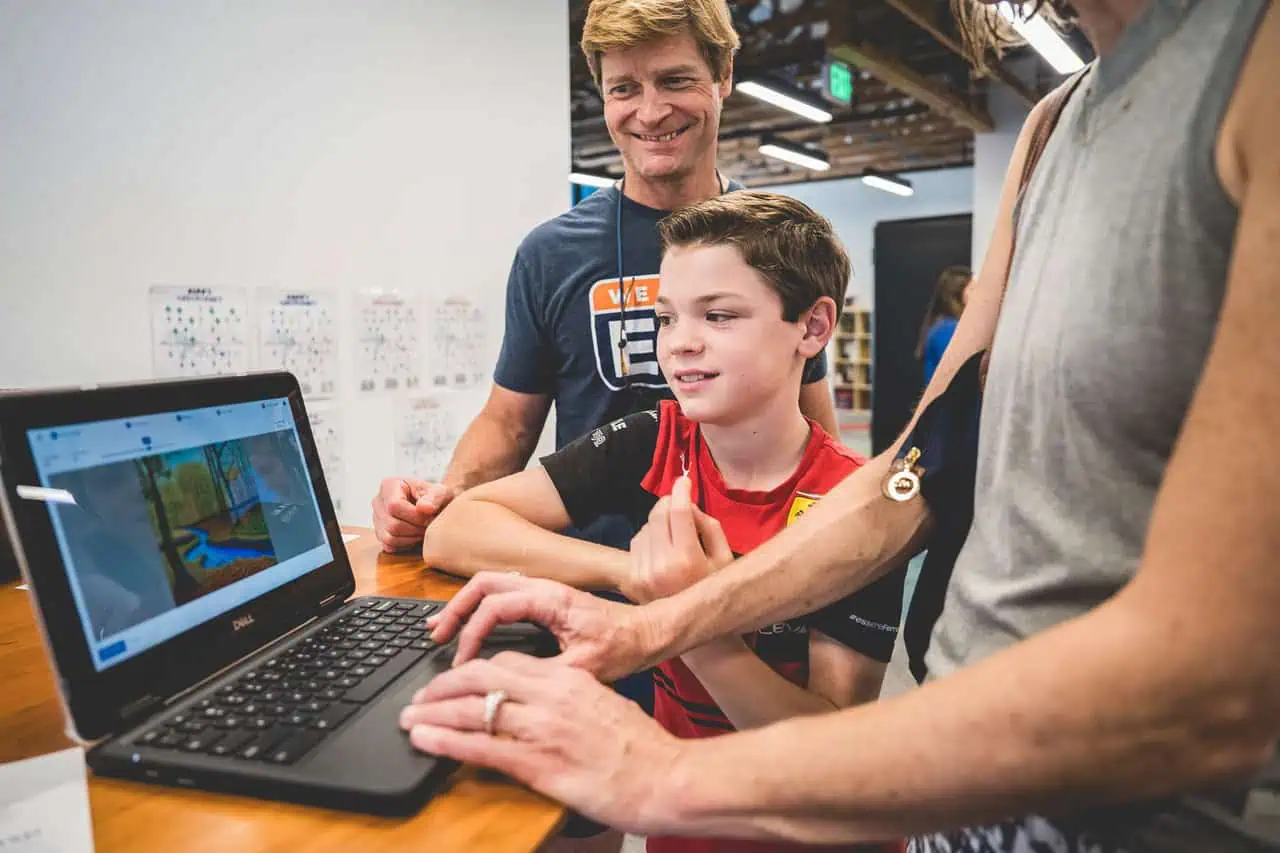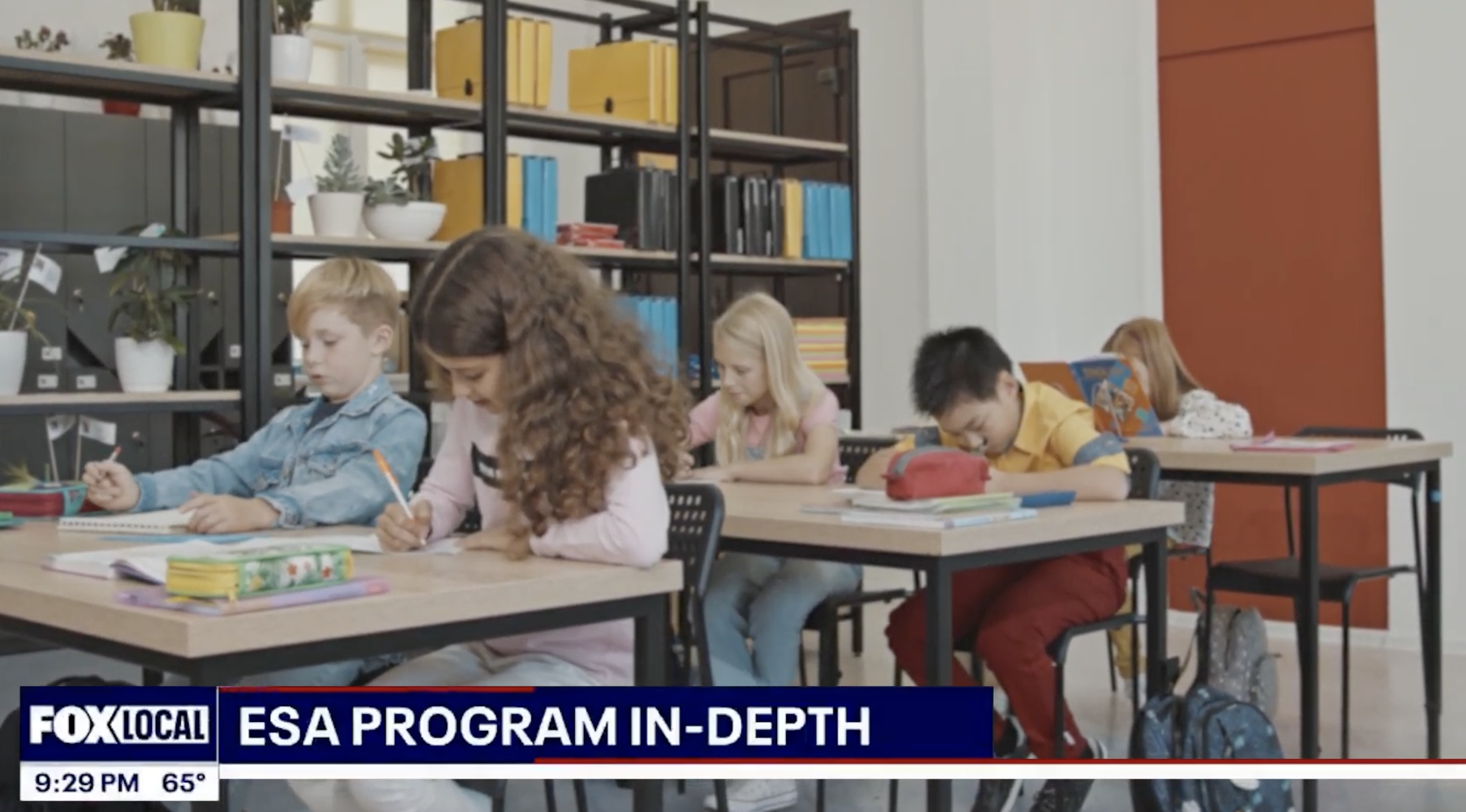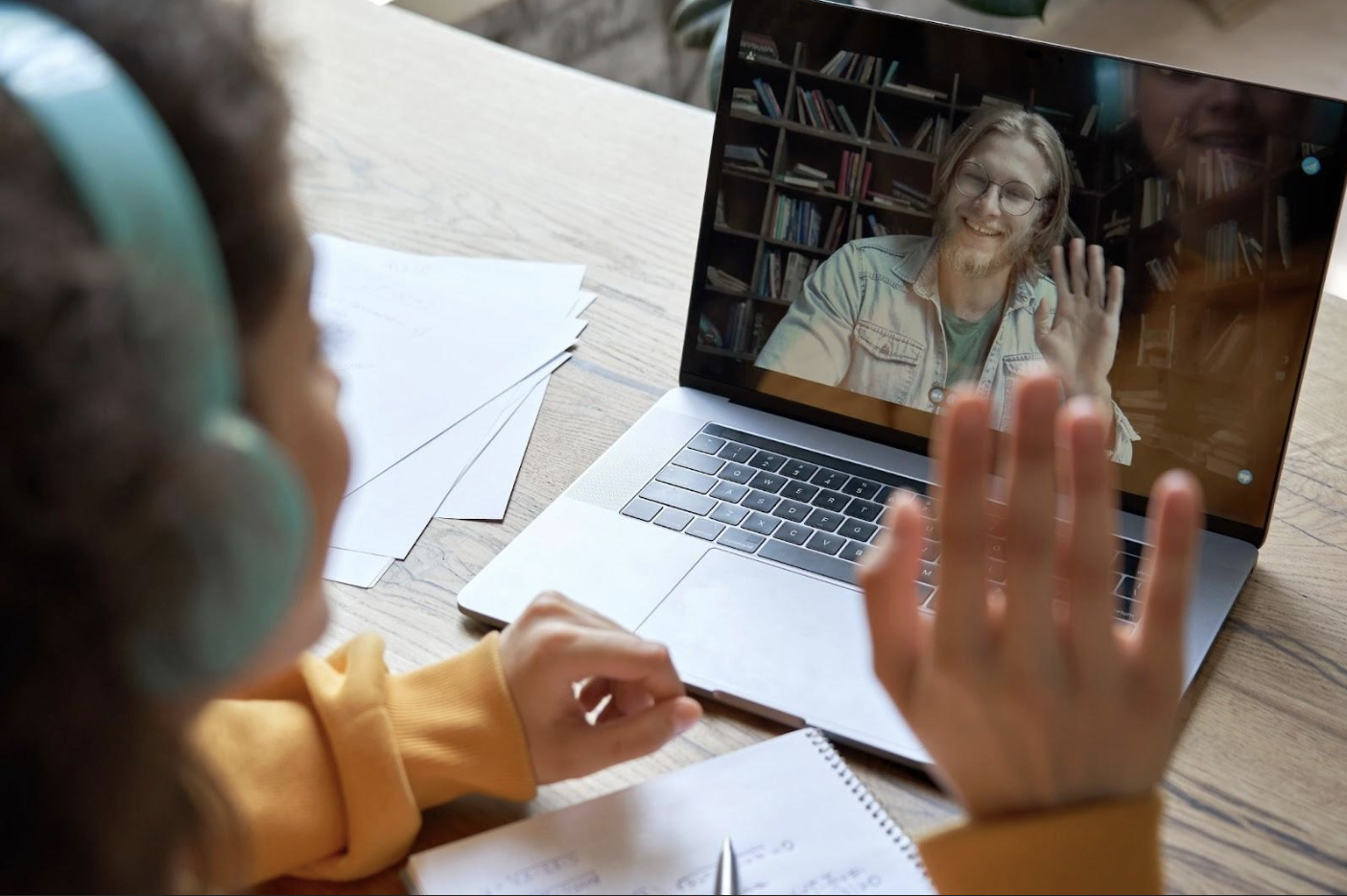Most parents assume that schools teaching children to sit still, follow directions, and respect authority are building better social skills and creating future leaders.
And yet, decades of evidence suggests the exact opposite.
Our modern education system rewards compliance, quiet obedience, and rule-following—all things that diminish and destroy the exact qualities in our kids that build confidence and social capability.
Walk into any corporate boardroom and watch who speaks first, who offers the first dissenting or critical opinion, and who takes initiative on finding solutions to difficult problems. These aren’t the kids who’ve spent twelve years perfecting the art of sitting quietly with their hands folded, following basic instructions. They’re the students who learned early that their ideas have immense value and that social confidence comes from being genuinely competent, not an excellent rule follower.
This disconnect becomes even more clear when we look at what Fortune 500 companies look for in an ideal candidate versus what schools actually produce. Companies need people who can read situations, make quick decisions about when to speak up, disagree respectfully, and express unpopular ideas when necessary. Unfortunately, our education system has been punishing these exact behaviors for over a decade and wondering why graduates lack the social confidence and competence to lead.
How Schools Train Away the Behaviors That Build Social Confidence
Every minute of a traditional school day reinforces the same message: your instincts are wrong, the teacher’s authority is absolute, and your job is to comply with busy work and instructions rather than actually think for yourself. Students sit in rows, hands folded, eyes forward, waiting for permission to speak, move, or express an original thought. Even more backwardly, traditional schools often praise the quiet kids—the students who follow directions without question, the ones who never disrupt the carefully choreographed routine.
Schools frame this as "social skills development," but what’s really being rewarded and punished? Real social confidence requires reading situations and knowing when to break social rules to connect with others. Schools punish students who speak without permission or question authority figures. Authentic leadership means pursuing your own interests and advocating for yourself. Schools punish students who pursue personal interests instead of assigned tasks.
Consider what happens to a naturally curious eight-year-old who asks "why" during lessons. Traditional schools respond by redirecting them back to the predetermined curriculum, teaching the child that curiosity disrupts learning rather than driving it. After years of this conditioning, that same child becomes a teenager who rarely speaks up in class and an adult who avoids challenging conventional thinking.
This creates what psychologists recognize as “learned helplessness,” where students are trained to avoid taking action or any risk because they’ve been taught for years that their actions ultimately have no influence on their lives. Our kids learn that success only comes from following a chain of command or external direction, not from developing their own internal judgment. The result? Young adults who struggle with any situation lacking clear instructions or requiring initiative.
How Passion Projects Help Kids Build Robust Social Skills
Traditional schools recognize that students are showing signs of lacking social confidence. They create well-meaning social skills curricula, teach programs on building moral character, and hold anti-bullying assemblies. Yet, these programs fail because they try to teach social confidence using the same compliance-based methods that originally diminished it.
Your child can’t develop real social confidence by sitting quietly and listening to lessons about confidence. Social skills are built through practice, through trial and error, through meaningful interactions about subjects they actually care about. This is where Novatio's afternoon structure works so powerfully for social development.
At Novatio, students choose what they want to pursue during afternoon sessions. Whether it's writing, business, technology, or other areas, they self-select into working with peers who share genuine interests. The social connections that form are authentic because they’re based on shared purpose rather than forced proximity in age-based classrooms. These students naturally learn to articulate complex ideas as they discuss creative challenges with peers who care about the same topics.
In Novatio’s afternoon sessions, students collaborate toward outcomes they care about. When disagreements arise—and they naturally do—students learn to navigate them constructively because the resolution matters for their shared goals. They develop genuine collaboration skills because they rely on each other’s contributions to accomplish objectives they personally value.
Some might argue that this approach lacks the discipline and structure necessary for academic success, but the evidence completely contradicts this concern. Novatio students consistently outperform traditionally-educated peers on standardized assessments while developing practical capabilities that most high school graduates never acquire.
The Future Belongs to Students Who Pursue Meaningful Projects
The future belongs to students who learn to master academics efficiently and spend additional time pursuing meaningful projects that build real-world competence. These are the students who become adults capable of true leadership, not just learned helplessness. They’ll have social confidence rather than performance anxiety, creative problem-solving skills rather than rule-following dependency.
At Novatio, we’ve designed an educational experience where students develop both academic and social skills, ensuring they are ready for the future. Through personalized learning, real-world projects, and a focus on collaboration, we build the kind of confidence and leadership that traditional schooling simply can’t provide.

.png)








